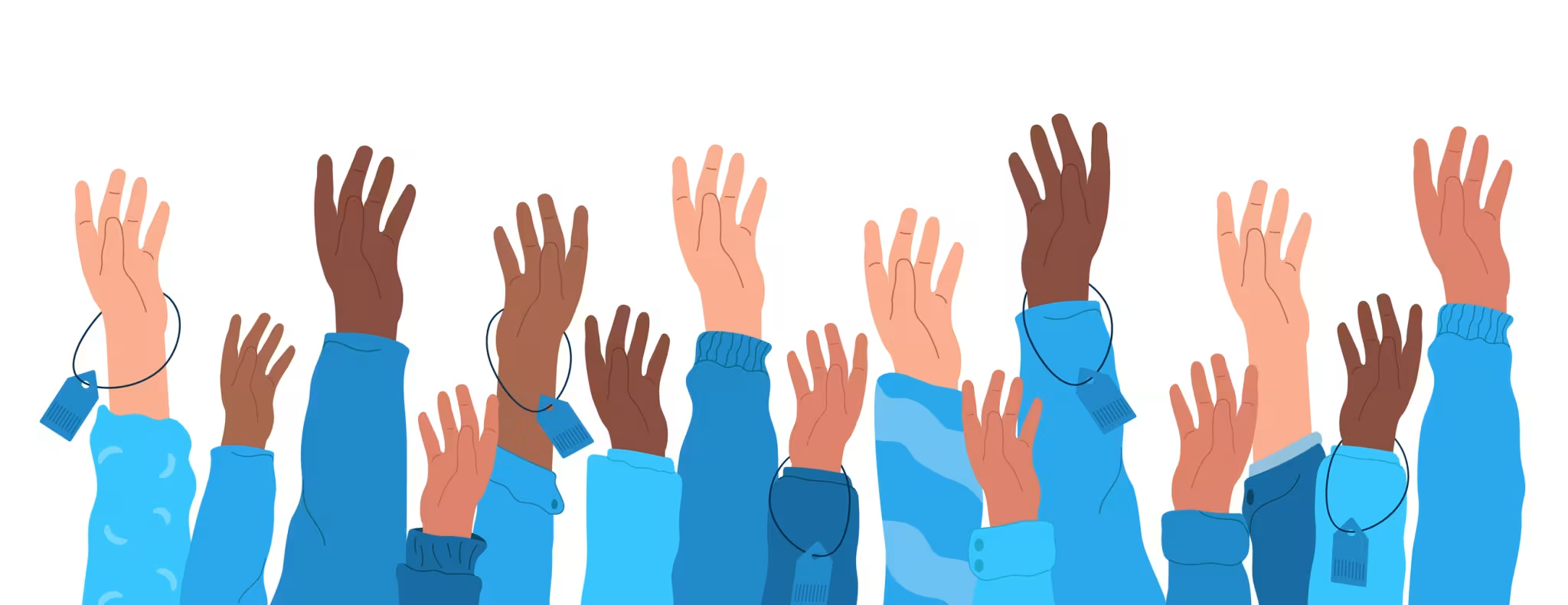
Human Trafficking: A hidden crisis in our community
Human trafficking is a serious crime and a grave violation of human rights that impacts individuals, families and entire communities. While many associate human trafficking with distant places, it happens right here Wellington, Dufferin and Guelph too.
So, what can you do to help combat this problem? The first step in ending human trafficking is learning more about it.
What is Human Trafficking?
Human trafficking involves the recruitment, transportation, transfer or harbouring of individuals through force, fraud or coercion for the purpose of exploitation. This often includes sexual exploitation, forced labor and domestic servitude. According to Statistics Canada, 93% of police-reported victims are women and young girls. Of these, 42% are ages 18 to 24 and almost one-quarter (23%) are children and youth under 18 years old.
Human trafficking is also a serious public health crisis with significant physical, mental and social consequences. Survivors often experience injuries from violence, malnutrition, sexually transmitted infections, post-traumatic stress disorder (PTSD), depression and substance use disorders. Barriers to healthcare, homelessness and economic instability further compound the challenges they face. It is a complex issue that requires a coordinated response from healthcare providers, law enforcement, community organizations and the public.
What is Happening Locally?
Due to the hidden nature of human trafficking, exact numbers are difficult to determine. However, local organizations and law enforcement report a significant increase in cases in the WDG region over the past few years. One contributing factor is Guelph’s (and surrounding area’s) proximity to Highway 401, which allows traffickers to transport victims between low-cost hotels.
What are some common misconceptions about human trafficking?
Myth: Trafficking always involves kidnapping or smuggling people across borders.
Reality: Many victims are exploited within their own communities, often manipulated or coerced rather than physically taken.
Myth: Human trafficking only happens in large cities or developing countries.
Reality: It also occurs in small towns and rural areas, including WDG.
Myth: Victims are physically restrained or locked up.
Reality: Many victims are controlled through psychological manipulation, threats, debt bondage or dependency on their trafficker.
Myth: Traffickers are strangers.
Reality: According to Statistics Canada, most victims (91%) know their trafficker, most commonly intimate partners (34%) or an acquaintance (22%).
How can we recognize the signs of human trafficking?
Human trafficking can take many forms, and each circumstance can look very different, which can make it difficult to identify, even if it’s happening to someone in your own life. Below are some possible signs that someone may be a victim of human trafficking.
- Sudden changes in behaviour, appearance or living situation.
- Fearful, anxious or submissive behaviour.
- Being accompanied by someone who speaks for them or restricts their movement.
- Lack of control over their own identification documents. Traffickers may take passports or other identification documents to control victims.
- Poor living or working conditions. Victims may be housed in unsafe environments and not paid for their work.
- The sudden possession of expensive items such as designer clothing, jewelry or manicured nails without a clear source of income.
- Unexplained injuries or signs of physical abuse.
These are just some potential signs. For more information, refer to the resource from the Canadian Centre to End Human Trafficking.
How can I reporting suspected human trafficking?
If you recognize these signs in someone you know, yourself or witness them in a public setting (e.g. a restaurant, shopping mall, etc.), contact the Canadian Human Trafficking Hotline (1-833-900-1010), which is anonymous and operates 24/7. There is also a chat function, and an option to submit an anonymous tip online. If someone is in immediate danger, call 911. NEVER approach or directly confront someone you suspect is being trafficked or their trafficker. This could put yourself or the suspected victim in danger.
More Information and Resources
- Canadian Human Trafficking Hotline
- Ontario’s anti-human trafficking strategy 2020-2025
- Speak Out: Stop Sex Trafficking
Victim and Survivor Support
If you are a victim or survivor and would like to report a tip of a potential case, or want to learn more about the subject, contact the Canadian Human Trafficking Hotline at 1-833-900-1010.
Guelph and Wellington County
- Guelph Women in Crisis: 1-800-265-7233
- Victim Services of Wellington: 519-824-1212 ext. 7205
Dufferin County
- Caledon \ Dufferin Victim Services: 905-951-3838
